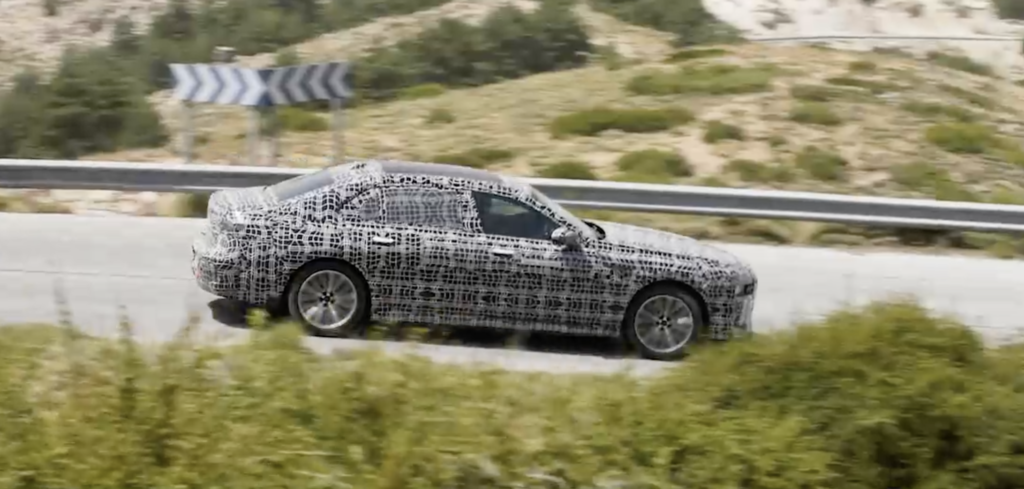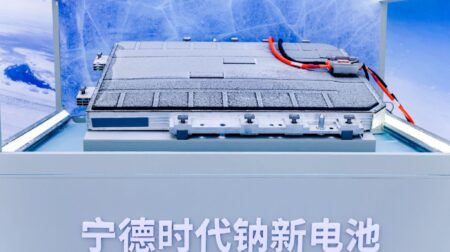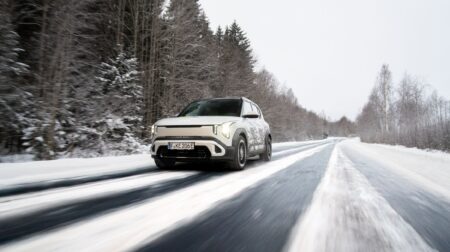BMW says it is entering the final phase of the series development process for its i7, now that the car has undergone a demanding test program in extreme road and weather conditions. During so-called hot-region testing on tracks and public roads across the globe, the manufacturer’s development engineers primarily verified the performance and reliability of the electric motors, the all-wheel drive and the high-voltage battery when exposed to maximum stress from high temperatures, unpaved roads, dust and large differences in altitude.
Within a firmly defined test program for the prototypes, BMW ran simulations and tests that it says corresponded to the challenges faced by a series-production vehicle during a complete product lifespan.
The testing program, which covered tens of thousands of kilometers, included long-distance and high-speed driving as well as stop-and-go traffic in scorching heat. In addition, test sections with particularly large differences in altitude were selected at the hot-region test sites. In this way, the temperature behavior of the electric motors and the torque control of the all-electric powertrain could be analyzed, for example, during a particularly dynamic and long-lasting uphill drive.
To increase the load on the powertrain, the test program also included mountain driving in trailer mode. As an extreme scenario and presenting a particular challenge for the energy management and power electronics systems, the test also involved driving downhill with the battery fully charged at the start and no longer able to absorb any further energy.





